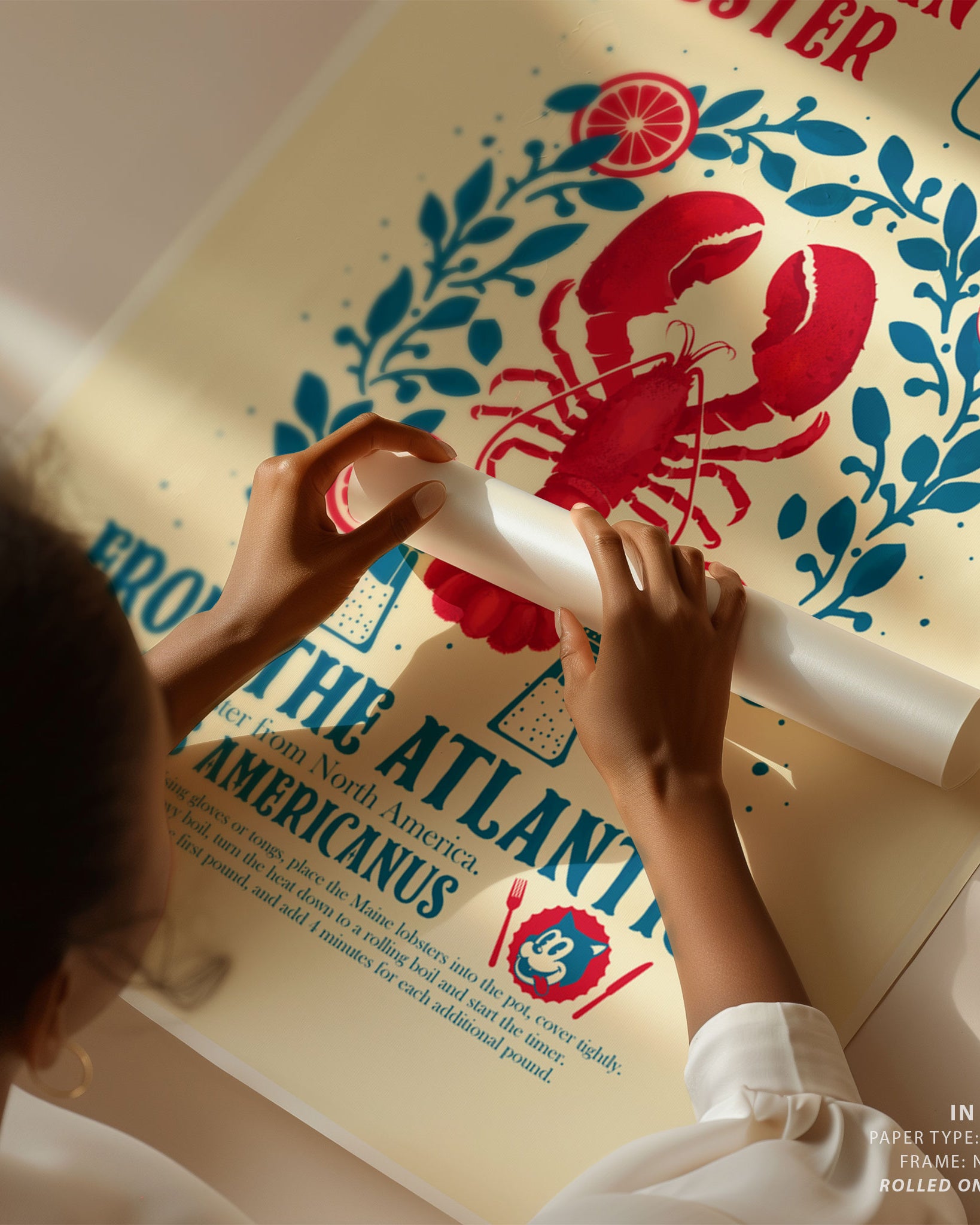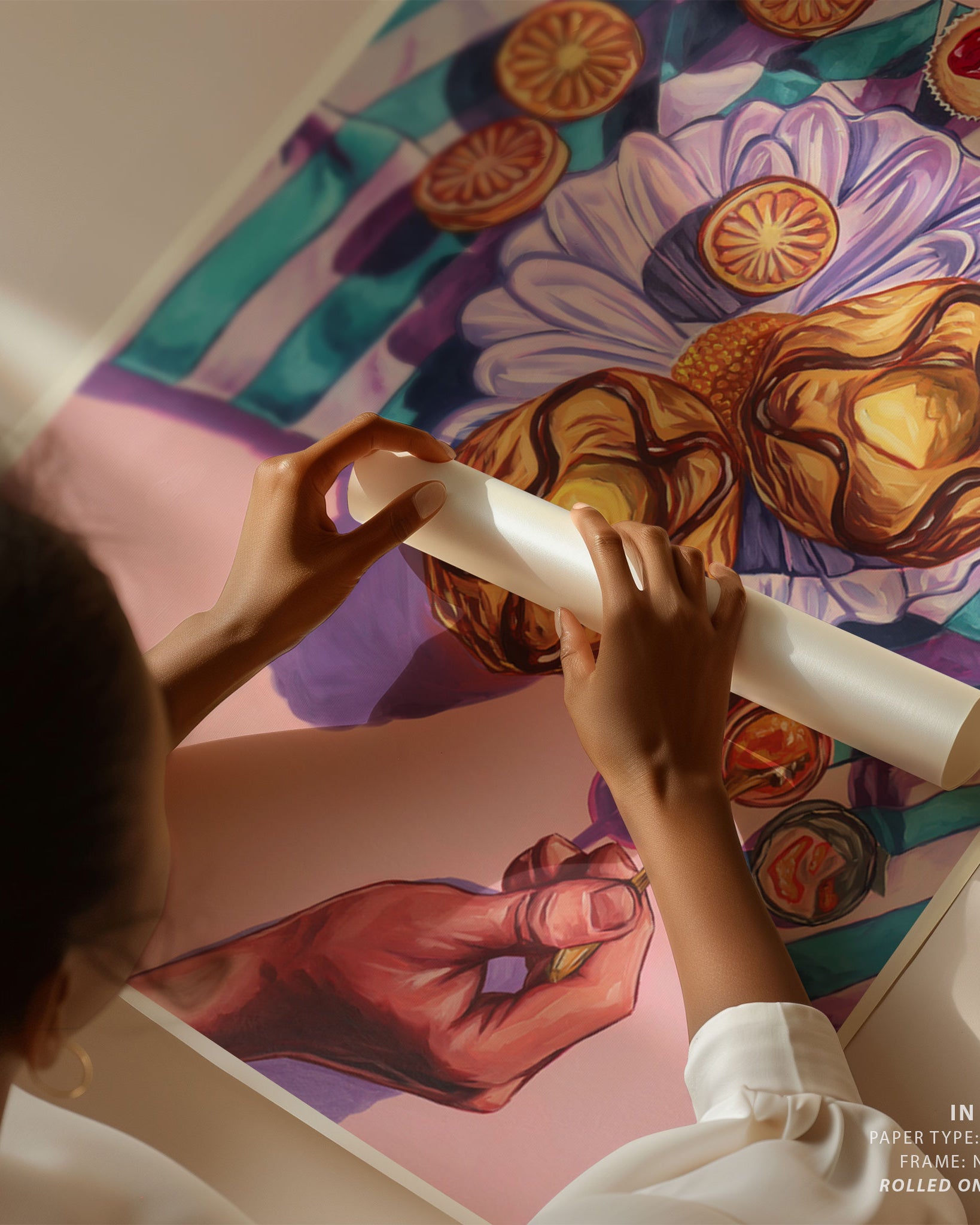Abstract Art Collection
Abstract Art Collection
In today’s rapidly evolving world, continuous learning has become a cornerstone for both personal and professional growth. The fast pace of technological advancement, shifting economic landscapes, and changing social dynamics mean that what we know today might become outdated tomorrow. Therefore, embracing a mindset of lifelong learning is essential not only to stay relevant in one’s career but also to enrich one’s life experiences and capabilities. Continuous learning goes beyond formal education; it includes acquiring new skills, updating existing knowledge, and developing new perspectives through various channels such as reading, attending workshops, online courses, and practical experiences. By continuously learning, individuals can adapt to changing circumstances, seize new opportunities, and overcome challenges with resilience. In the professional realm, this adaptability is highly valued by employers who seek employees capable of evolving with the company’s goals and industry trends. Moreover, ongoing learning fosters creativity and innovation, as exposure to diverse ideas and knowledge often sparks novel solutions and improvements. It empowers individuals to think critically, solve complex problems, and make informed decisions, all of which are crucial in today’s competitive job market. Personal growth also thrives on continuous learning. It encourages self-awareness, emotional intelligence, and empathy by broadening one’s understanding of the world and people around them. Engaging with new concepts and cultures nurtures open-mindedness, reduces prejudices, and enhances communication skills, making social interactions more meaningful and productive. Furthermore, learning new hobbies or skills can boost confidence, reduce stress, and improve overall well-being. For many, the pursuit of knowledge brings joy and a sense of accomplishment, fueling motivation and enthusiasm for life. Technology plays a pivotal role in facilitating continuous learning today. With access to vast resources online, from tutorials and webinars to interactive platforms and virtual classrooms, learning is more accessible than ever before. This democratization of knowledge allows people from diverse backgrounds to upskill and reskill, breaking barriers related to geography, age, or socio-economic status. However, the abundance of information also calls for discernment to identify credible sources and relevant content. Therefore, cultivating critical thinking and effective learning strategies is as important as the learning itself. Despite the clear benefits, continuous learning requires commitment and discipline. It demands setting aside time regularly amidst busy schedules and overcoming the discomfort that sometimes accompanies stepping out of comfort zones. Organizations can support this process by fostering a culture of learning, offering professional development opportunities, and encouraging knowledge sharing among teams. Individuals, on the other hand, can take ownership of their growth by setting clear goals, seeking feedback, and maintaining curiosity. In summary, continuous learning is a vital element that shapes both the professional success and personal fulfillment of individuals. It equips people to navigate uncertainty, enhances their capabilities, and enriches their lives by opening doors to new possibilities. In a world characterized by constant change, those who embrace lifelong learning position themselves not only to survive but to thrive. Ultimately, the journey of learning is an ongoing adventure that empowers individuals to realize their full potential and contribute meaningfully to society.





























































































































































